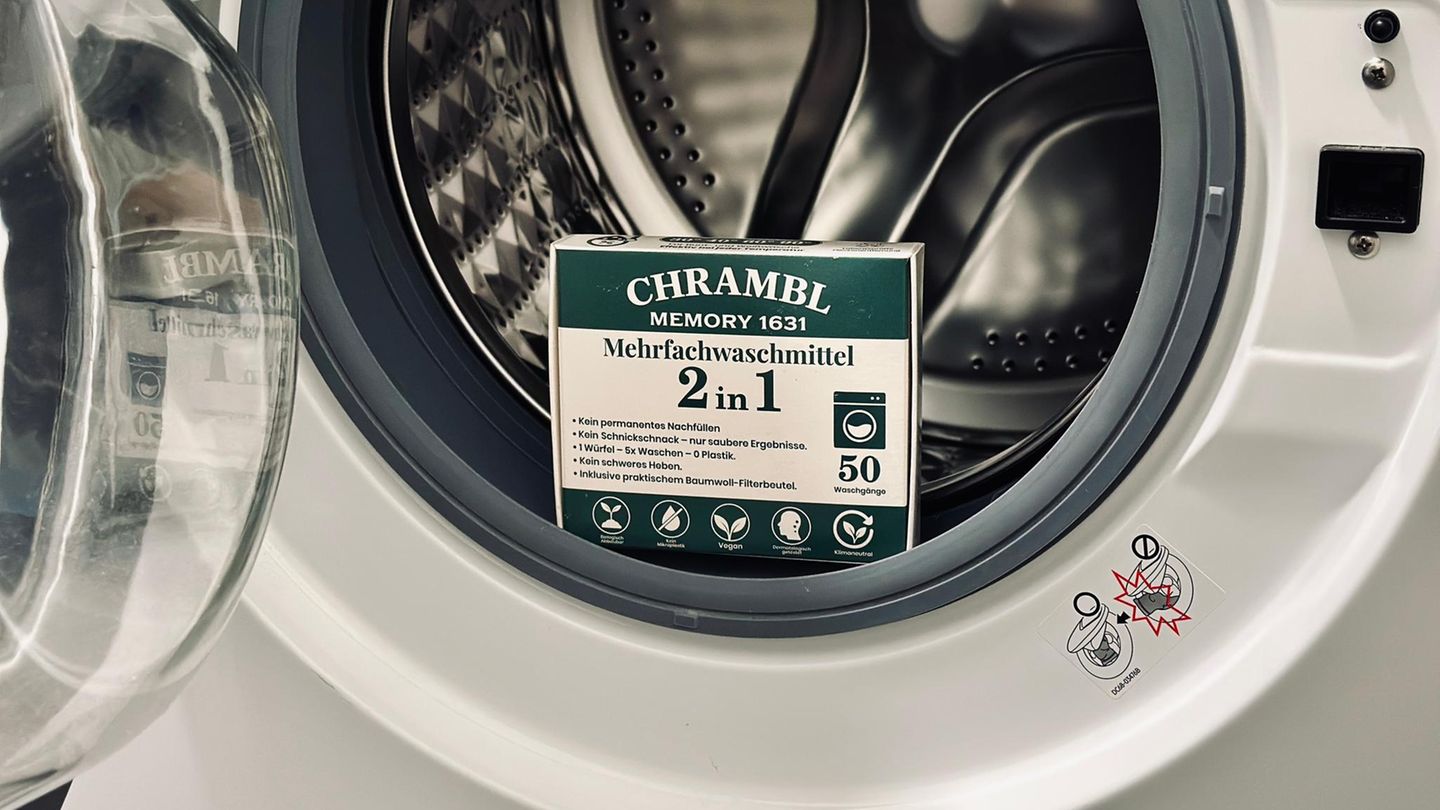For its part, the Artigas school 8 designed a prototype of games for the patio with a Lego kit, which consists of a rotating chair and ladder and a dancing doll that work thanks to body energy, where the idea is that children have fun while one of their classmates does the physical exercise necessary to start the system.
In the Tacuarembo high school 2, two students noticed that several sections of Route 5 do not have lighting and devised the placement of a lighting system powered by wind energy. For this they were advised by Ceibal staff, but the initiative arose from the work of the Computer Science teacher to form a robotics group that evolved to culminate with the aforementioned project.
Other groups like high school 4 of Mercedes, designed a prototype by which hydraulic energy can be generated through a windmill to irrigate the nursery of the high school, which is worked in an orchard workshop. In addition, so that the patio is illuminated, they thought of a system by which solar energy is stored in a battery that, when it gets dark, allows the spotlights to be turned on (through a microbit plate, which automatically detects darkness and turns on the light). ).
In addition the Salto High School 2, it was proposed to convert the energy that is generated when going up and down the stairs: on the inner side of the step, with each step, a magnet is inserted into a coil, which generates an alternating current that is then transformed into current that is stored in A battery. Then, that energy can be used for the daily operation of the educational center. Space stands out Ceilab which this institution has, which consists of a room specially designed for the use and exploration of technology.
https://twitter.com/Ceibal_Uy/status/1588653327864037376
Behind the two days of competition there is a work of months, which crosses horizontally all the areas of each educational center, as well as promotes vertical integration between managers and even mentors of Ceiba.
The impact of the initiative of each group of students is enormous, where programming and robotics are also conducive to working on other content and skills with students. From the socio-educational project they point out that the programming it is “a third language” necessary in today’s world and that is in the same line of importance as Spanish and English.
Computational thinking is one of the ten prioritized competencies in the National Curriculum Framework approved by the National Administration of Public Education (ANEP), contained in the reform that will take effect next year. Likewise, the agency preliminarily approved a study plan that replaces Informatics with subjects such as Computer Science -in seventh and eighth grade of UTU and secondary, and ninth of technical education- and Programming -in ninth of secondary-.
In the category First Lego League First place was obtained by Artigas Secondary School, which will participate in a contest of this category in the United States. Second prize went to the Artigas technical school and third place to the San Jacinto high school, which will travel to a regional competition.
In the category Programming, the first prizes went to the La Mennais school (primary school), the 29 high school (basic cycle) and the Brazo Oriental Higher Institute (second cycle); In Robotics, the winners were the Gervasia Galarza de Irastorza de Mercedes school (primary), the San Miguel de Soriano School and Liceo (basic cycle) and the Mercedes Superior Technical School (second cycle); In Programmable Plates, the first prize went to the Julián Goicoechea school in Pan de Azúcar (primary), Artigas Secondary School (basic cycle) and the Technological Institute of Paysandú (second cycle).
On the other hand, in the category Minecraft the winner was the 23 school in Aiguá, while the Domingo Arena Technical School won the community award.
Source: Ambito
David William is a talented author who has made a name for himself in the world of writing. He is a professional author who writes on a wide range of topics, from general interest to opinion news. David is currently working as a writer at 24 hours worlds where he brings his unique perspective and in-depth research to his articles, making them both informative and engaging.




